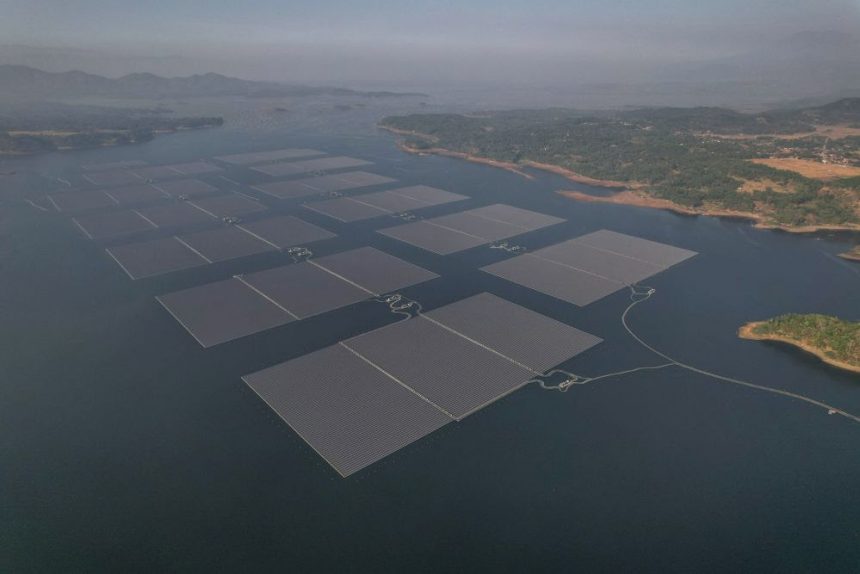
A floating solar panel plant in Indonesia. Renewable energy companies are vulnerable to cyber attacks.
In today’s era of heightened climate consciousness, more businesses are embracing sustainable practices. A recent Xerox report shows that 54% of American companies now have formal green programs, while 68.4% of Canadian businesses have at least one green practice. Surprisingly, small and medium-sized enterprises are leading the way in this green movement. A survey on QuickBooks revealed that 72% of small business owners consider sustainability essential, and three out of five are actively taking steps to reduce their environmental footprint. With SMEs making up 90% of all businesses globally, the trend towards green business is gaining momentum.
One of the ways businesses are going green is by adopting online solutions that eliminate the need for physical practices consuming natural resources. This includes utilizing digital workspaces, opting for digital documentation, and embracing cashless transactions. However, transitioning to web-based operations necessitates businesses to implement robust cybersecurity plans. Cybersecurity measures, such as virtual private networks (VPNs), are crucial in safeguarding against cyber threats in the digital age.
Understanding the Importance of VPNs in Cybersecurity
As cybercrime continues to target small businesses due to their increasing digital presence, cybersecurity breaches are on the rise. Small businesses are particularly vulnerable, with up to 73% reporting data breaches in recent years. These attacks can have severe consequences, impacting finances, employee retention, and customer trust. For green businesses, such cyber incidents can derail ongoing sustainability efforts, compromising environmental initiatives like solar panels and green shipping practices.
Human error remains a leading cause of cybersecurity vulnerabilities in small businesses, as innocent mistakes by employees often open the door to hackers. Implementing a secure VPN can address this issue by encrypting data transmission and creating secure pathways for information exchange. VPNs offer features like kill switches, dark web monitoring, and threat protection to ensure data security without requiring constant human intervention, making them an essential investment for green businesses.
Choosing an Eco-Friendly VPN Provider
While online solutions have environmental impacts, selecting a green-focused VPN provider can help mitigate these effects. Look for VPN providers that offset carbon emissions through partnerships with eco-conscious organizations and investments in green projects like reforestation and renewable energy sources. Additionally, consider how VPN providers optimize their servers to minimize energy consumption, such as utilizing server locations close to renewable energy suppliers and employing low-power hardware to reduce environmental footprint.
In conclusion, VPNs offer an affordable and effective cybersecurity solution for green businesses, protecting them from cyber threats that could undermine their sustainability goals. By choosing a VPN provider that prioritizes environmental responsibility, businesses can ensure that their data, operations, and values are safeguarded in today’s digital landscape.






